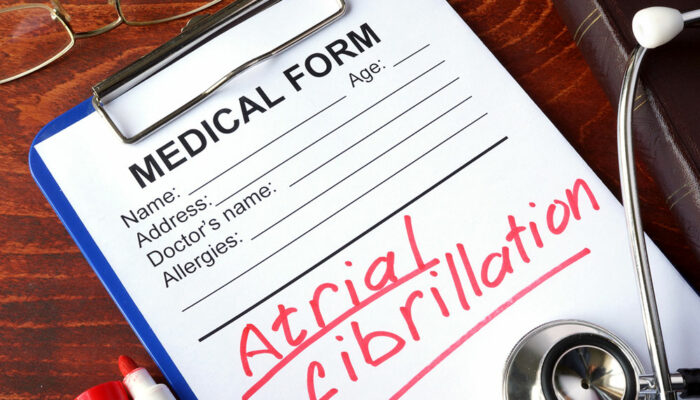
Symptoms, causes, and risk factors for irritable bowel syndrome
Irritable bowel syndrome (IBS) is the most common problems of the digestive system. It is a functional disorder and long-term condition that causes recurring pain or discomfort in the abdomen and altered bowel habits. Women are more likely to be affected by IBS and tend to have more severe symptoms. One is most likely to get the condition in teenage and early adulthood. It is also known as spastic colon. Generally, it is a type of gastrointestinal disorder.
Signs and symptoms
The signs and symptoms associated with IBS may vary from person to person.
- Abdominal pain, bloating, or cramping that is typically relieved or partially relieved after passing a bowel movement
- Mucus in the stool
- Excess gas
- Diarrhea or constipations—sometimes, alternating between bouts of diarrhea and constipation
Causes
The exact cause of IBS is still unknown. The factors that appear to play a part are:
- Muscle contractions in the intestine – Layers of muscle that line the walls of the intestines contract as they move food through the digestive tract. Stronger and longer than normal contractions can cause gas, diarrhea, and constipation. Weak intestinal contractions can slow down the food passage and cause hard and dry stools.
- Nervous system – The irregularities in the nerves of the digestive system can cause more than normal discomfort when the abdomen stretches because of gas or stool. Pain, diarrhea, or constipation can be caused because of poorly coordinated signals between the brain and the intestines, which can cause the body to overreact to normal changes that occur in the digestive process.
- Inflammation in the intestines – Some people suffering from IBS have an increased number of immune-system cells in their intestines. This response of the immune system is associated with pain and diarrhea.
- Severe infection – A severe bout of gastroenteritis (diarrhea) caused by bacteria or a virus can lead to IBS. IBS may also be associated with bacterial overgrowth (a surplus of bacteria) in the intestines.
- Changes in gut bacteria (microflora) – Microflora, which is the good bacteria that reside in the intestines, plays a key role in health. Research suggests that the microflora in people suffering from IBS may be different than the microflora in healthy people.
Risk factors
Many people sometimes have signs and symptoms of IBS. But one is more likely to have the syndrome if they:
- Are young – Frequently, IBS occurs in people under the age of 50.
- Are a female – IBS is more common among women than men in the country. Additionally, estrogen therapy given before or after menopause is a risk factor for IBS.
- Have a family history of IBS – Genes may play a role in the development of IBS as there are many shared factor’s in a family’s environment or combination of genes and environment.
- Have a mental health problem – Some of the mental health issues like anxiety, depressions, and others are associated with IBS. A history of sexual, emotional, or physical abuse also might be a risk factor for IBS.
Complications
Chronic constipation or diarrhea, which are the main symptoms of IBS, can cause hemorrhoids.
Additionally, IBS is associated with:
- Poor quality of life
- Mood disorders




